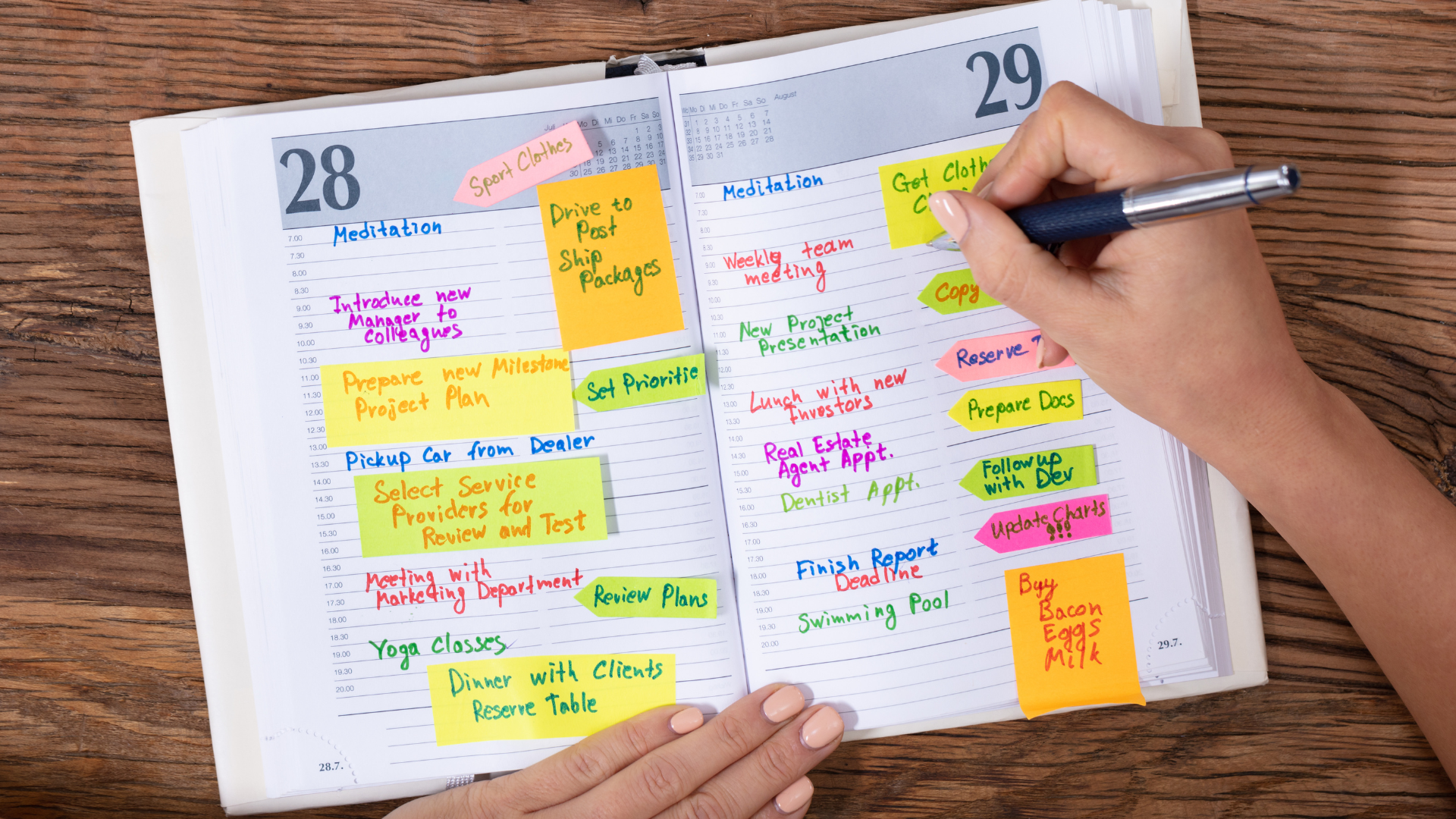The Importance of Communication in Caregiving
Caregiving is about more than providing physical assistance—it’s also about building trust, understanding needs, and creating comfort. For Home Health Aides (HHAs) and Certified Nursing Assistants (CNAs), effective communication is one of the most powerful tools you have. At Fordham Institute Inc., we teach that strong communication is just as important as technical skills. When caregivers communicate clearly and kindly, it transforms the quality of care.
1. Building Trust with Clients
Clients feel safer when they understand what’s happening. Explaining what you’re doing—whether it’s helping with a task or preparing medication—shows respect and keeps them involved in their own care.
2. Active Listening Matters
Communication isn’t only about talking—it’s also about listening. Clients may share concerns, symptoms, or preferences in casual conversation. Paying close attention helps you notice changes and respond appropriately.
3. Using Simple and Clear Language
Many clients may struggle with hearing, memory, or medical understanding. Using short, clear sentences and a calm tone helps prevent confusion and ensures your message is understood.
4. Nonverbal Communication Counts
Your body language often speaks louder than words. A warm smile, gentle touch, or eye contact can comfort clients and let them know they’re valued. On the other hand, rushed or distracted behavior may unintentionally cause stress.
5. Supporting Teamwork
Good communication extends to coworkers and supervisors. Sharing accurate updates and observations ensures clients get the best possible care from the entire healthcare team.
6. De-escalating Stressful Moments
Sometimes clients may feel anxious, upset, or uncooperative. Calm, respectful communication can de-escalate these situations and restore peace. Patience and empathy go a long way.
Communication Builds Connection
At the heart of caregiving is connection—and connection starts with communication. By listening, speaking clearly, and showing empathy, HHAs and CNAs create an environment of trust, comfort, and dignity.
📞 Ready to begin your journey as a caregiver? Call
718-480-1804
Because great communication doesn’t just deliver care—it delivers compassion.





